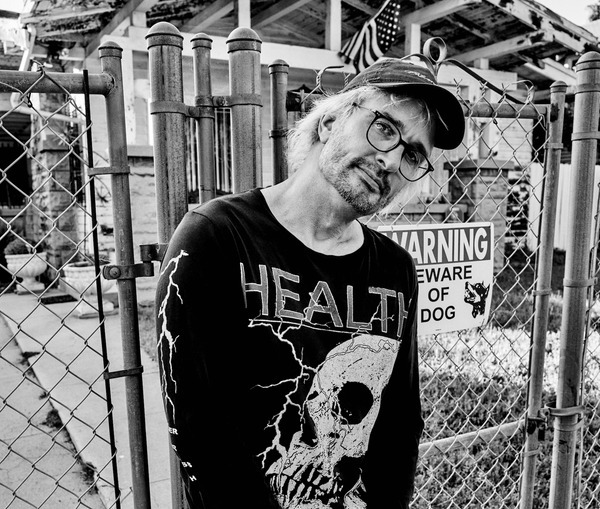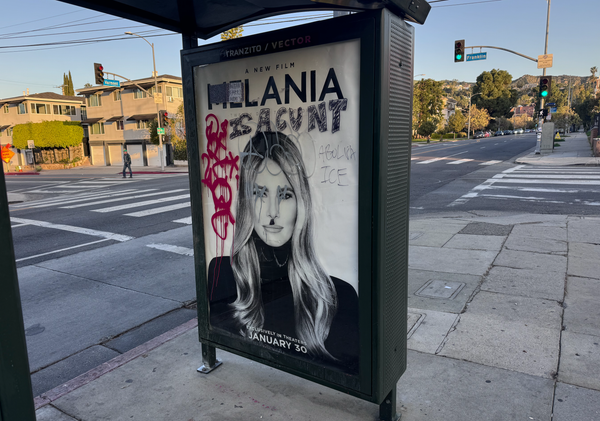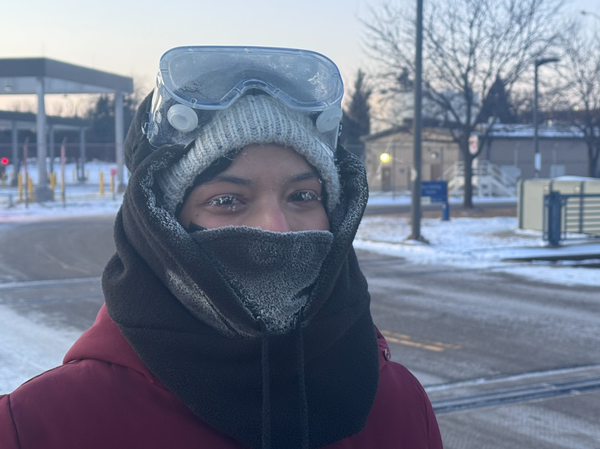A therapist on conspiracy theories: Part 2
This is the second part of my conversation with psychotherapist Paul Wilson

Hi,
Another week’s almost gone by, as Donald Trump clings onto the White House for dear life. Meanwhile, someone in New Zealand converted their Toyota Vitz into a Tesla Cybertruck:

I’ve been eager to publish Part 2 of my conversation with therapist Paul Wilson — so here it is.
But just quickly —
The comment thread in Part 1 made my feel really proud of the community building around Webworm, and how open you are to helping each other out during this difficult time. Paul the therapist also chimed in on the comments — kinda like free therapy for people, in a way!
Also, Webworm reader Mark weighed in with an idea I dug: “I like the analogy of a conspiracy to a virus, and how the person’s reaction is what does or doesn’t cause damage.”
He also shared a feature about escaping a different kind of rabbit hole… although in saying that, it’s not too dissimilar. The piece is about Derek Black, the son of a grand wizard of the Ku Klux Klan who managed to escape his white supremacist views:
“It was only after he began attending New College of Florida that Black began to question his own point of view. Previously, he had been home-schooled, but suddenly he was was exposed to people who didn’t share his views, including a few Jewish students who became friends...”
Empathy is what drew Derek out of his warped world view. I was reminded how important it is to meet people who are different to you as you grow up. People who don’t look like you, think like you, or worship the same God.
I think a lot of the disturbing behaviours and racist views we see in the conspiracy movement stem from the fact people haven’t had the opportunity to meet a variety of other people. Many of them haven’t left their state, or even their own town. They haven’t seen the ocean.
In my own life, I know my views on the world and what was possible widened immensely when I went to university and met people from vastly different backgrounds to me, with vastly different beliefs. That helped form who I am today.
There were also a lot of you who wrote saying you’ve had family and friends slip down the rabbit hole. I feel for you. It’s rough.
My father has been a conspiracy theorist for a long time. Anything from ban 1080 to Hillary is a reptile was his jam. But I still spoke to him and always tried to take the time to listen. This year he became a candidate for NZPP and the conversations became too much for me to put up with anymore. I stopped all communication with him a few months ago. After reading this I’ve felt a new more compassionate angle I can bring that will more than anything else hopefully allow me to maintain a relationship with my Dad whom I love and miss.
A small light at the end of a very long tunnel. But a light, nonetheless.
One other thing: I’d love you to share this link:
www.webworm.co/p/webworms-conspiracy-coverage-so-far
It’s all the free reporting I’ve done this year on conspiracy theory culture, all in one place.
It’s free because I think it has the potential to help people. It’s made possible by subscribers to Webworm - and thanks for that - but just being a reader of this thing means a lot, and sharing it is an easy way to help me with what I’m trying to do here.
Thanks,
David.
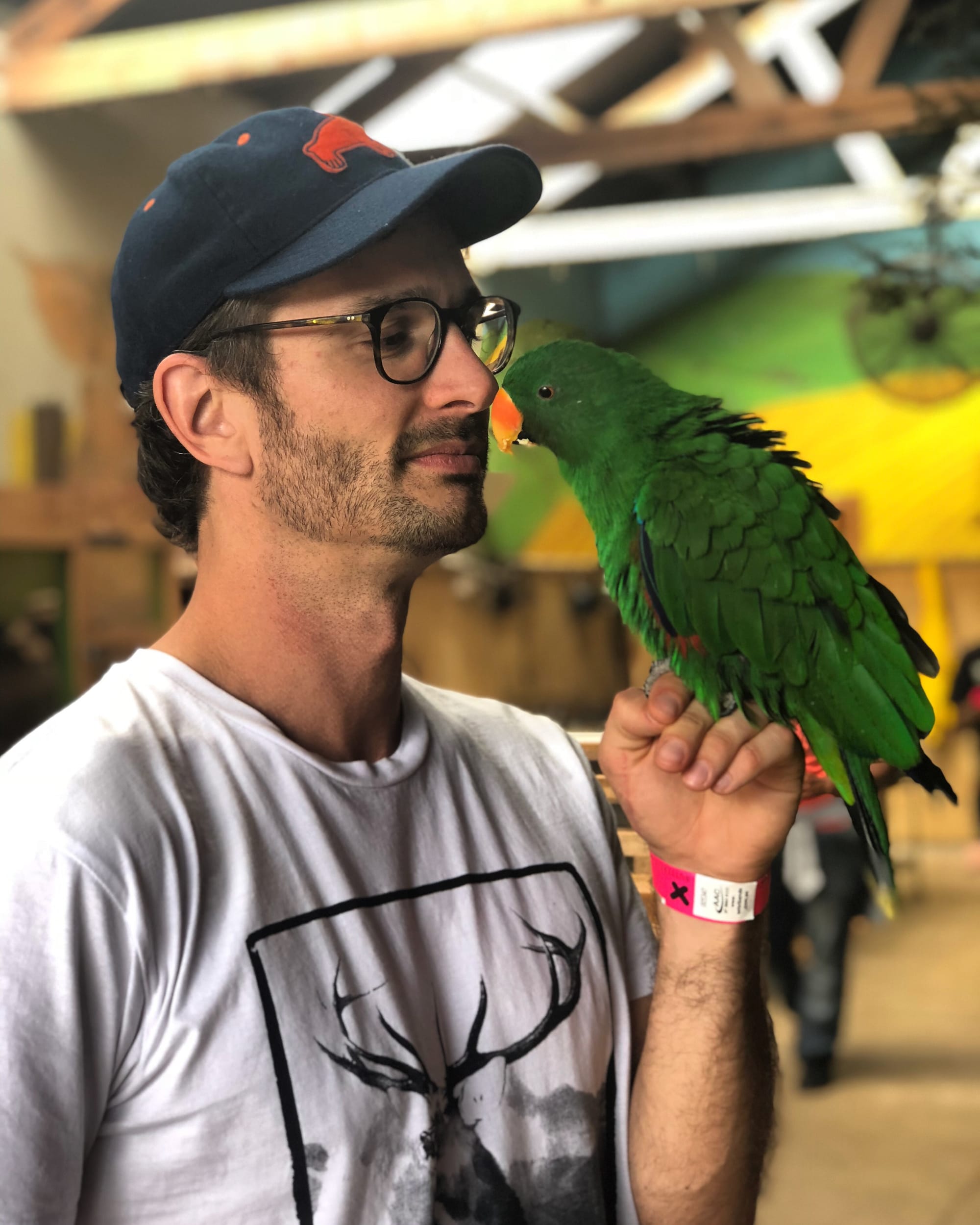
Part 2 of my conversation with psychotherapist Paul Wilson:
Why do these ideas take hold so quickly? I have heard from so many readers who have lost friends to this stuff, over the space of one or two months…
Conspiracy uptake sure seems to be accelerating lately, and I see a bunch of factors that I believe are contributing to that.
But I’d like to put that in some context.
First, I need to give an off-putting lingo alert: There is a psychological concept called schizotypy that features very strongly in the research on conspiracy theories and particularly who they appeal to.
It isn’t that commonly known in mainstream discourse.
It isn’t even in most spell-checkers.
So I’ll attempt to explain it in less jargon-filled language.
The term schizotype was coined by psychoanalyst Sandor Rado in 1956 as an abbreviation of “schizophrenia phenotype”.
Essentially, there is an inheritable genetic variation (or genotype) in our neurobiology that produces a variety of expressions (or phenotypes) of which schizophrenia is one, but Rado was highlighting that there was also a continuum of other non-psychotic expressions.
As an aside, the concept of paranoia is directly parallel since that term was also coined to describe a non-psychotic form of paranoid schizophrenia where delusions and suspicions are present but hallucinations are not.
Rado had previously written a fair bit about paranoia, since he was extremely homophobic and the early psychoanalysts theorised that paranoia was caused by homosexuality.
It’s not, but the long history of psychoanalytic and societal homophobia is what my dissertation explored. Anyway, I believe this psychotic vs non-psychotic distinction in paranoia informed Rado’s formulation of the concept of schizotypy.
But I digress.
So what is schizotypy? Well, there are four symptom clusters (or dimensions) that schizotypal people demonstrate: unusual experiences (pseudo-hallucinations, odd beliefs and magical thinking), cognitive disorganisation (difficulties with attention, motivation, and social anxiety), introverted anhedonia (loneliness and lack of enjoyment in life) and impulsive non-conformity (reckless, self-destructive and sometimes violent behaviour).
Sound familiar?
I imagine it wouldn’t surprise you that when academics survey individuals who believe in conspiracy theories, they consistently find heightened schizotypy scores.
Now, those four dimensions are independent so there are individuals who score high on the ‘unusual experiences’ scale but without the suffering and unhappiness that comes with the other three.
These ‘happy’ or ‘healthy’ schizotypes show significantly increased creativity, and greater facility with language. I mean, one thing you have to concede about committed ‘unhappy’ conspiracy theorists is that they sure are creative in their own way and produce an awful lot of cranky and kooky writing and now, Youtube videos.
Now, these healthy schizotypes also create lots of conspiracies — but as writers of dystopian science, horror, and crime fiction.
After all, the general population loves fictional conspiracies – The X-Files, The Da Vinci Code and The Handmaid’s Tale.
So, your observation that QAnon devotees are playing an alternative reality game that they treat as non-fiction is spot on.
And I must say, the Q crew on 4chan are very lazy (or clever?) conspiracist trolls who just crowd-source the most outlandish theories via their vague Q drops. And sometimes they just plain steal.
That whole ‘adrenochrome extracted from abused children to extend the lifespan of evil political elites’ plot is ripped straight from Norman Spinrad’s 1976 SF novel “Bug Jack Barron”.
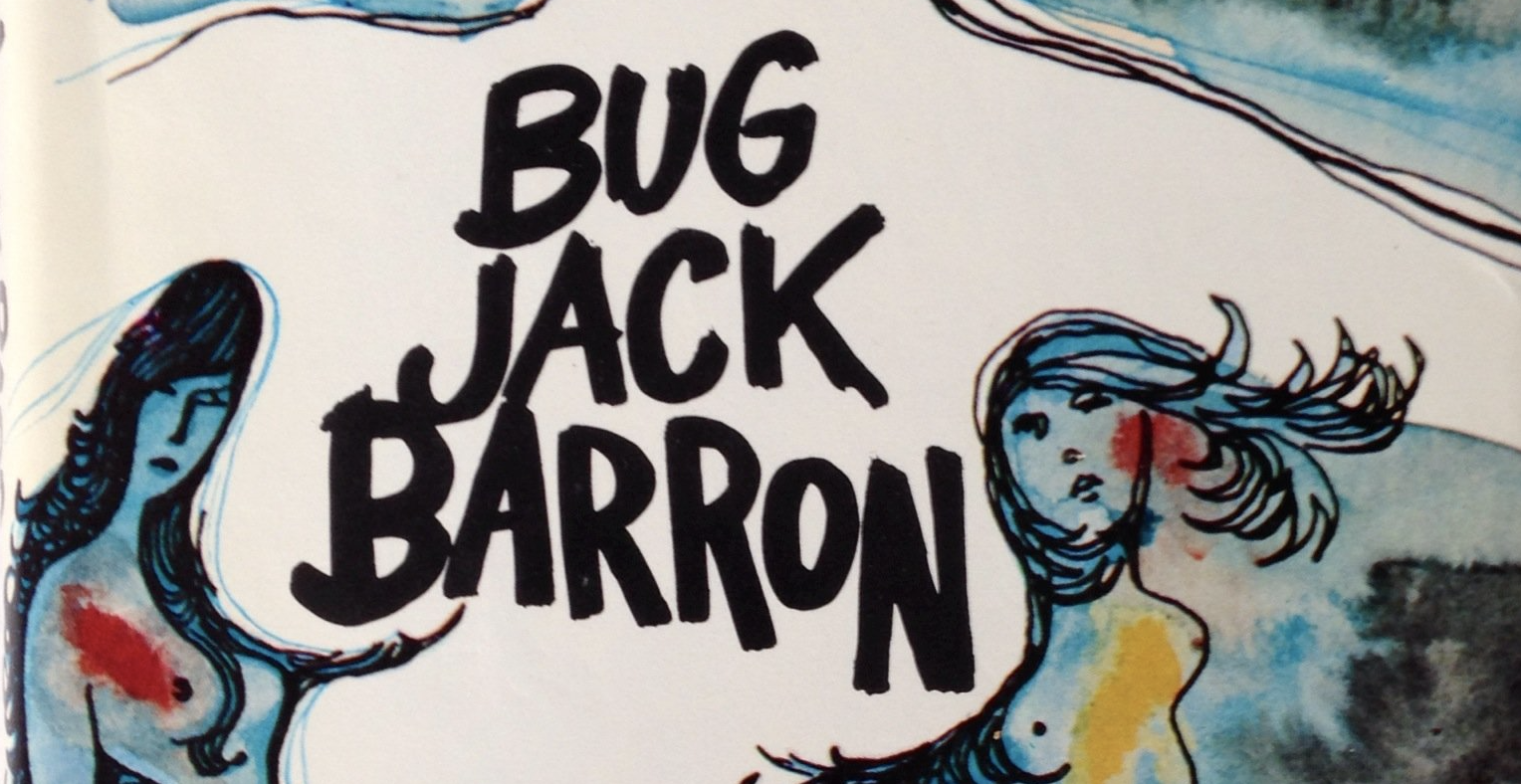
And whilst I’m speaking of happy schizotypes: deeply curious, fascinated by quirky ideas, somewhat non-conformist, very creative and good with the written word.
Does that sound like anyone you know, David?
Well, I’ll own it. I’m pretty sure it describes me.
But for all the happy schizotypes, there are a lot more unhappy ones and as a group, they tend to be vulnerable to conspiracies, especially when they are bored, frustrated or anxious – which they often are - and that has been dialled up to 11 by being locked down for weeks (or months) because of COVID.
Now, when we look at conspiracies spreading — it’s not just people arguably on the schizotypy spectrum who succumb. Sometimes conspiracies ‘go viral’ in the popular media of the day and spread throughout the ‘normal’ population.
Sociologist Howard Becker called these events ‘moral panics’ – exaggerated fears about deviant groups (such as delinquent youth) became societal preoccupations. These panics have recurred throughout human history, often in response to increased economic stress or societal change.
For example, the invention of the printing press enabled the publication of Malleus Maleficarum (The Hammer of Witches) in 1486 which was the second best-seller in history (the Bible being the first) and spread the Witchcraft conspiracy theory right across Europe and fuelled the Witch Trials.
Conspiracies that go mainstream commonly evoke epic battles between good and diabolical evil and focus on threats to children. This both increases the spread and limits refutations since who wants to be accused of being a paedophile apologist? #Savethechildren.
In the 1980s and 1990s, we have the Satanic Ritual Abuse panic which features children being held in underground dungeons (sound familiar?) and scapegoated childcare workers.
So you have the McMartin case in the US and our very own Christchurch Creche case which snared Peter Ellis in NZ.
So Pizzagate and now QAnon are indeed riffing on and recycling the classics.
But don’t get me wrong. Yes, we have always had lots of people in the general population with varying degrees of conspiracy prone-ness and yes, there are moments in history when conspiracies went mainstream, often with dire consequences for the scapegoated minority. But I also agree that modern technology is speeding up this conspiracy formation and propagation process.
Unfortunately, the information age is also the disinformation age.
The nature of confirmation bias means that people can easily construct their own personal media bubble where they are not exposed to disconfirming information or opinions if they don’t want to be. The internet also side-steps social anxiety and geography and helps all people with rare interests find each other and form communities.
Before the internet, conspiracy-prone individuals had to track down out-of-print books in second-hand bookstores and had few social connections. The internet has completely changed that.
We know that people who believe one conspiracy often find other conspiracies appealing. Now we have recommendation algorithms pushing fresh ones at you – each offering another rewarding dopamine hit.
People can easily form communities now allowing marginalised individuals to find social support and validation. And that includes conspiracists (and racists) too. These conspiracy communities don’t tolerate the expression of doubt. Well, not any more than other faith communities do. If you want to belong, you have to post in support. Now, cognitive dissonance makes for an accelerated descent down the rabbit hole.
So, just like air travel has allowed biological viruses like COVID to spread faster and wider than ever before, I think all the information technology changes are allowing novel information viruses to spread through the pool of vulnerable conspiracy-prone individuals at greater speed and breadth than ever before.
One thing I struggle with is clocking how much of this is genuine belief, and how much it is grifting. How do you tell if someone is genuinely into this stuff, or they just see a way to get famous or make a buck?
Sure, telling them apart is a bit tricky.
And you’re correct that both definitely exist. The other personalities who also turn up in academic research surveys of people espousing conspiracies are those with heightened scores in primary and secondary psychopathy.
What’s the difference between primary and secondary psychopathy? Well, primary psychopaths are the unemotional and highly manipulative ones, whereas secondary psychopaths are the highly impulsive, reactive and interpersonally violent ones.
So their inner emotional dynamics are very different but both often behave in anti-social ways. Not all (or even most) primary psychopaths are violent though. But the popular misunderstanding of primary psychopathy can remain a topic for another day.
Anyway, in the conspiracy context, your primary psychopath conspiracists are the ones who create or exploit conspiracies which they know are false because they take pleasure in seeing people (and the media) make a fool of themselves or as a way to amass power or money – like internet troll Andrew ‘weev’ Auernheimer.
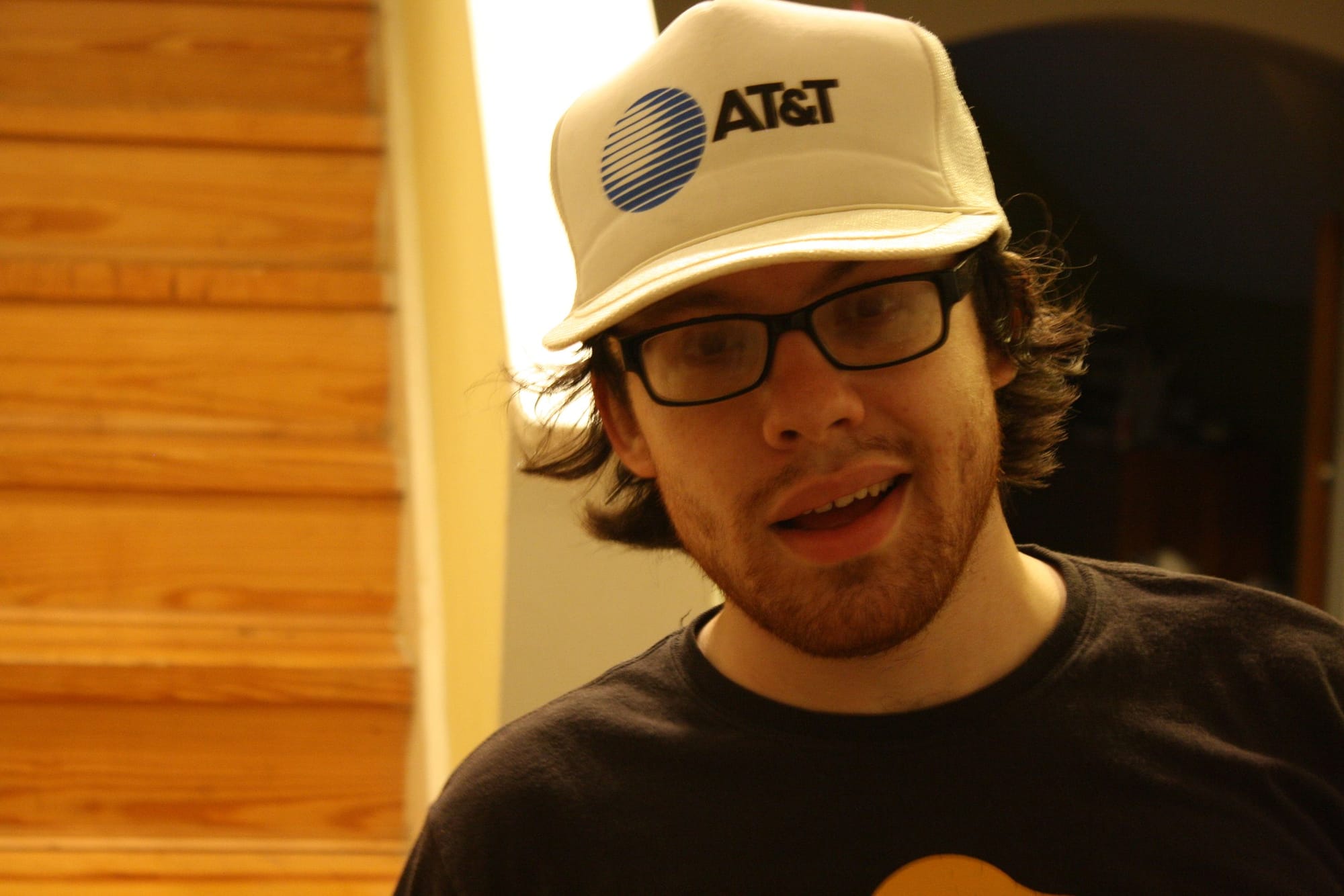
The secondary psychopath conspiracists also seem to believe their conspiracies but largely as a way of justifying their unrelenting sadistic aggression against their chosen targets – like Facebook troll Karen Brewer.
Still, unhappy impulsive schizotypy and secondary psychopathy do quite overlap quite a bit.
In terms of your question, the primary psychopaths are more the grifters and secondary psychopaths (and the schizotypal) are the believers but the two psychopathic conspiracists share the sadistic side of conspiracism.
Personally, I imagine the progenitors of QAnon on 4chan (the original Q crew) were likely primary psychopaths since trolling the masses and the media for the lulz (i.e. sadistic amusement) is just so very 4chan.
Getting to look down on all the other people believing something as objectively bizarre as QAnon is hilariously rewarding to them. But the QAnon community has grown to involve all of various personality types listed above since then.
So, how do you tell them apart?
Well, primary psychopaths don’t really feel fear, anxiety or shame like the others so that’s a tell. They’ll make a stab at faking it but do they seem genuinely distressed about their concerns?
Secondly, primary psychopaths are more instrumental in their efforts (i.e. consciously aimed towards achieving their goal) and not impulsively and obsessively preoccupied like true believers so they’ll tend to only promote their chosen conspiracies when they have an audience to convince so that’s another tell.
How do they seem to spend their spare time?
And do believers evolve into grifters (or vice versa) over time?
That’s a really interesting question that I’ve not yet found studied in the conspiracy research as yet but I’d love to know if anyone has.
One thing I wanted to clear up — there’s this knee-jerk reaction people have saying that it’s a mental health problem. You often here people saying, at its simplest, “Those people are just crazy”. But in my mind, it’s unfair on those with mental health problems. What are your thoughts in this area?
Sure, people use the term ‘crazy’ to describe others pretty casually. In this case, I think it’s an expression of the exasperation and mystification that conspiracists cause in others, so I can understand it. Getting a mental health diagnosis is a very mixed experience for most people.
There is the relief that comes from knowing that it’s a known condition and hence a pathway exists towards reducing their suffering. But there is also the grief that comes from the loss of the idea of the healthy self. Might hearing someone else get called crazy be painful to someone who is still grieving that loss?
Yes, I can imagine that happening.
The irony is that psychological and emotional suffering is such a shared part of the human experience, yet labels implying mental illness are such a stigmatising thing.
All these diagnostic technical labels I’ve been using – schizotypal, paranoid, psychopathic – is having one of those applied to you any less painful than being called crazy? I’m not so sure. So me admonishing others about calling other people crazy feels pretty hypocritical.
I guess the root issue for me is that what stigmatised and suffering individuals, overwhelmed with shame most need is compassion and empathy.
So if you’ve given in to the urge to call someone crazy, make amends with a random act of kindness to someone else.
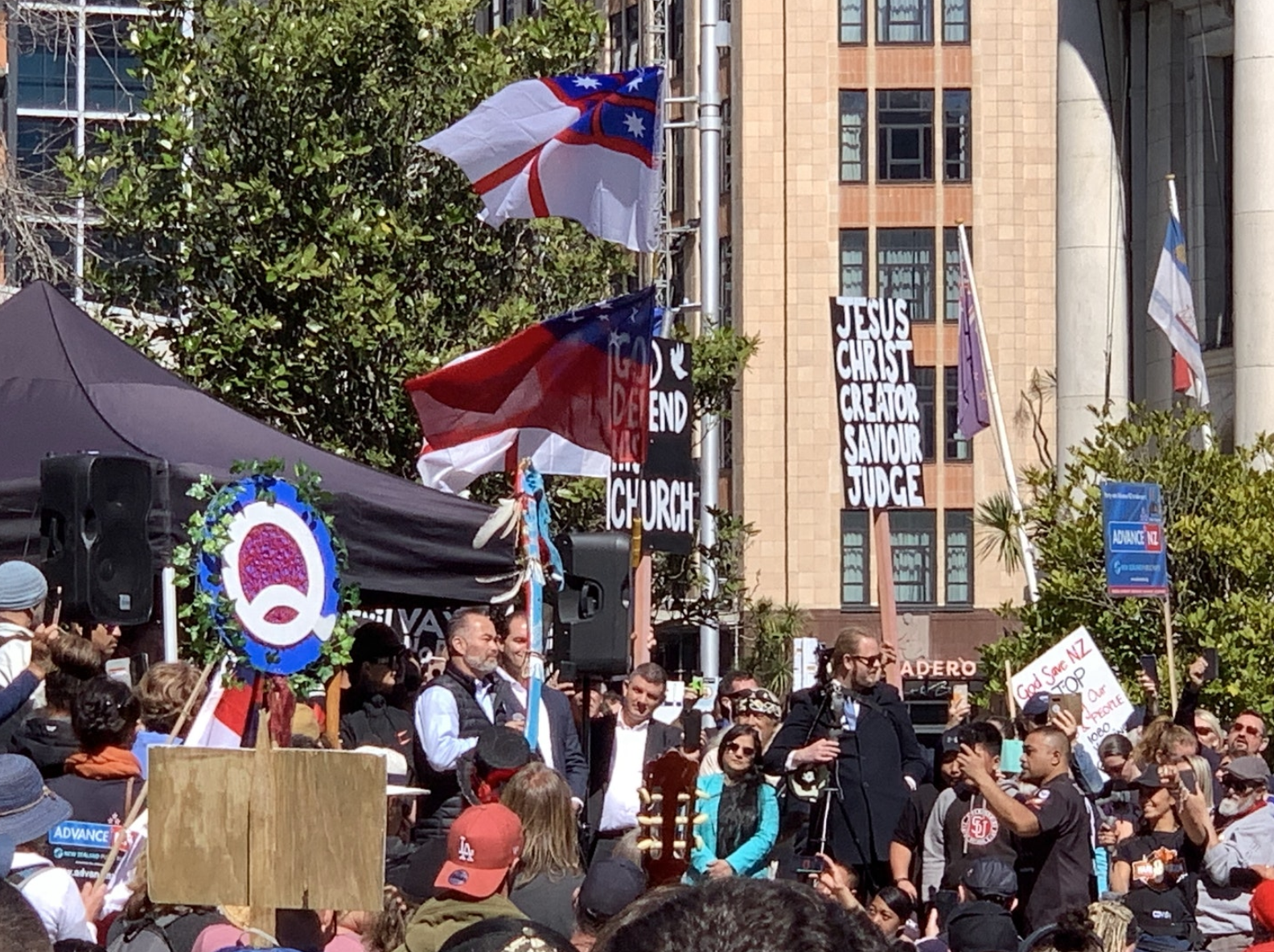
I am not sure if you are allowed to answer this, but a case study: New Zealand’s most well known QAnon supporter Billy TK Jnr walks into your office. He says to you “Paul, I am fucking worried about the state of the world right now. I started a political party to sort this shit out. Agenda 21. Bill Gates was in New Zealand and he wants to depopulate the world. They’re lying about Covid. The mass media is lying to us, calling me a conspiracy theorist. An international assassin was sent to kill me.”
How do you start talking to Billy TK Jnr. Because to be honest, I want some advice if I ever meet the guy.
Um. Yeah.
You’re right that I’m not going to go there, for a couple of reasons.
Firstly, whilst the New Zealand psychotherapists code of ethics doesn’t have an explicit equivalent of the Goldwater rule, I’m still not going to offer an unsolicited mental health diagnosis or commentary about a public figure whom I’ve never met in person and who hasn’t consented to my sharing that.
I don’t think it would be ethical or helpful.
And secondly, given the public stigma attached to mental illness, making claims of that nature about someone else is the very definition of defamation.
Now, David, I imagine that you’re rather used to people making defamation threats against you.
It’s an occupational hazard that comes with being an investigative journalist and I know you treat it as a sign you’re on the right track. But it’s not really my wheelhouse.
So you’ll just have make your own assessments should you ever meet Billy TK Jnr.

I’d like to get Paul back for some future newsletters. He’s a real gem. I hope this has helped, in some small way. If you think it will help someone else, pass it on.
Talk soon,
David.
PS: After Nine Inch Nails got inducted into the RNR Hall of Fame over the weekend, I’ve had a few people ask “where do I start?” It’s a fair question about a band that’s been doing their thing for 30+ years. So, I made a Spotify playlist of some of my favourite tracks.

